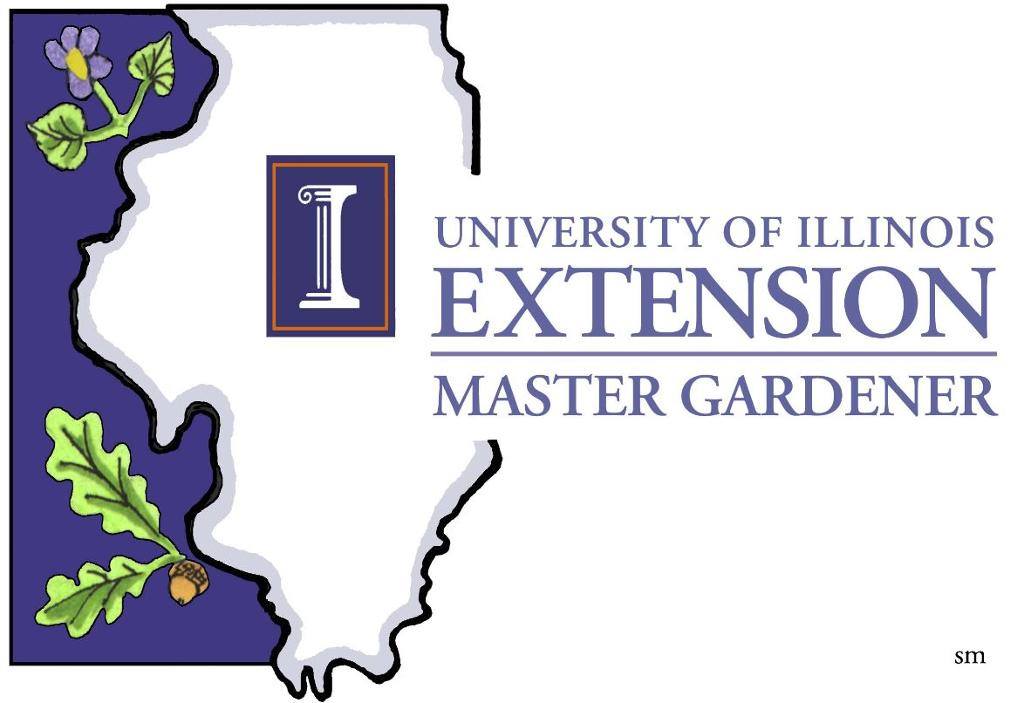The pros and cons of popular vegetable garden mulches

MACOMB, Ill. — When determining what mulch is best for your vegetable garden, you may encounter all manner of solutions online and suggestions from fellow gardeners. But what mulch works the best for growing big tasty veggies while keeping the weeds down?
Following are some of the most common mulches used in the vegetable garden and discussion on the pros and cons of each. For a material to perform successfully as a mulch it should suppress weeds, allow good water and air exchange from the atmosphere to the soil, and offer long-term contributions to soil health.
Shredded Fall Leaves
Fall leaves are plentiful in the Midwest and often underutilized. And usually by the time the summer ends I need more leaves. Fortunately, the deciduous trees in my backyard are happy to supply. Apply caution to trees that had any serious foliar disease. The inoculum for the next year can reside in leaves overwinter. Research has shown in apple orchards shredding the leaves helps reduce the apple scab disease occurrence the following year.
Newspaper
As a mulch, newspaper ranks poorly, however, it can work as a barrier to suppress weeds. It is important not to go overboard as laying newsprint too thickly can impede water and airflow into the soil. Typically, I would go no more than six sheets thick of newsprint. Be sure to avoid any glossy paper. The newspaper strategy still requires a layer of mulch over top to secure it in place. One tip if using newspaper is to wet it before attempting to place it down. The slightest breezes can carry away all your hard work.
Grass clippings
More often I recommend grass clippings should be mulched back into the lawn, but if you bag clippings or have an abundance of clippings they can be used in the vegetable garden. The kicker is, the clippings need to be dried before placing them on the garden. Wet lawn clippings can mat down and form a smelly (anaerobic) pile of rotten material. If you intend to use your clippings on the vegetable garden, it is best to avoid lawn herbicides as these can carry over and affect vegetable crops. The drawback to that is you’ll likely have a lawn like mine, full of weeds! Those weed seeds will get collected along with the turf clippings and spread on your garden.
Straw
Perhaps one of the most popular mulch to use in the vegetable garden, straw has many useful qualities. As long as the flakes of straw are shaken and spread properly, it will avoid matting down and promote water and airflow into the soil, while still suppressing weed growth. There are times when straw can be difficult to find. Often straw bales will appear in the fall for decorative purposes. They can be stored over the winter for use in the spring garden. I’ve also noted an increasing difficulty finding straw without seed heads. Good straw will have the seed heads removed and just be the stalks of the harvested cereal plants. Lately, I have been pulling out handfuls of oats and wheat from my vegetable gardens where straw was used.
Miss Clipping Out Stories to Save for Later?
Click the Purchase Story button below to order a print of this story. We will print it for you on matte photo paper to keep forever.
